Financial Recovery: Managing Finances After A Hurricane

Financial Recovery: Managing Finances After a Hurricane
Introduction
After a hurricane, the first and foremost concern of residents in affected areas is their safety and welfare. However, once the immediate danger passes, other issues begin to arise. One of these concerns is managing finances and dealing with the economic impact of the disaster. Financial recovery after a hurricane can be challenging, especially for those who have lost their homes, businesses or livelihoods. This article provides an overview of some considerations for financial recovery in the aftermath of a hurricane.
Insurance Coverage

Documentation
One of the first steps towards financial recovery after a hurricane is assessing the damage and making an inventory of lost or damaged items. It is important to document everything thoroughly, including taking photos, video, and written notes. This documentation will help when filing insurance claims, as it provides proof of damage and losses.
Filing Claims
Once the documentation has been completed, it is time to file insurance claims as soon as possible. Homeowners and business owners should contact their insurance providers immediately to begin the process. As there may be many people impacted by the hurricane, it is essential to file claims timely to ensure that the insurance company processes them promptly.
Dealing with Denials
If an insurance company denies a claim, policyholders have a right to appeal. It is essential to review the insurance policy carefully and understand what is covered and what is not, as appealing can be a complicated and time-consuming process.
Financial Aid

Government Assistance
The U.S Federal Emergency Management Agency (FEMA) provides assistance to those impacted by natural disasters like hurricanes. FEMA offers various forms of aid, including temporary housing, home repair or replacement, and low-interest loans to individuals, businesses, and non-profit organizations. The application process can be done through the FEMA website or by calling their toll-free help line.
Non-Governmental Organizations
There are also many non-governmental organizations that provide financial assistance to those impacted by hurricanes. These may include local charities, churches and religious organizations, or national organizations like the American Red Cross. It is essential to research the organizations to ensure they are legitimate and non-profit before accepting any financial aid.
Financial Planning
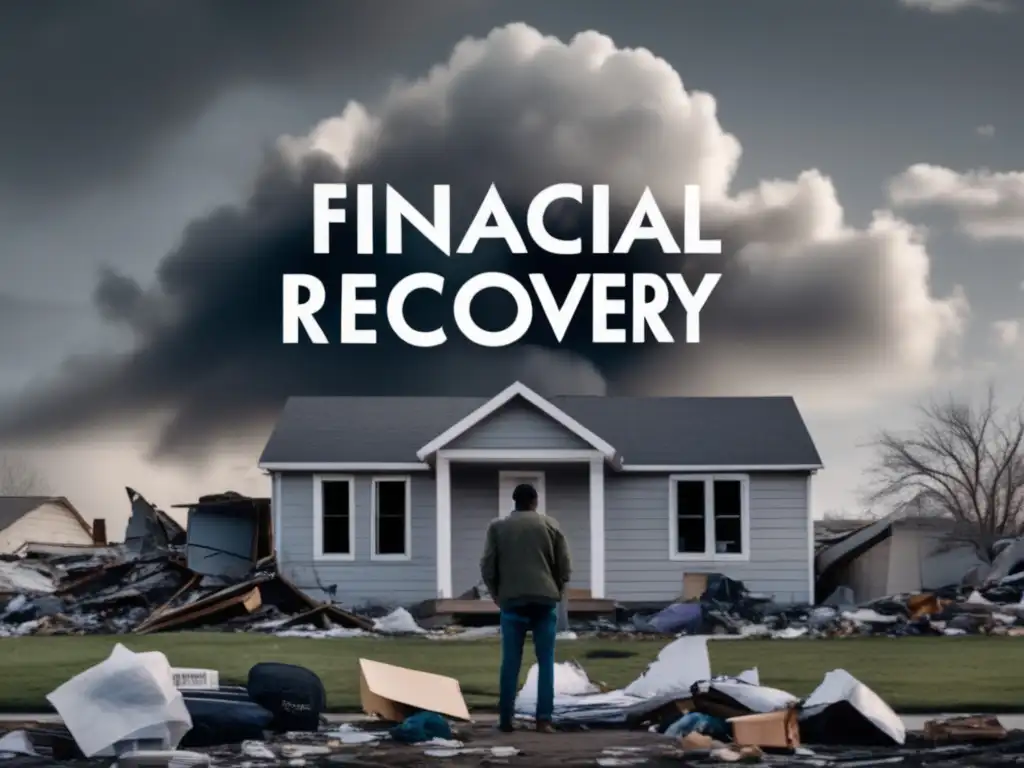
Budgeting
After a hurricane, it may be necessary to reassess finances and create a new budget based on the current situation. This budget should account for any additional expenses or losses resulting from the hurricane, such as higher utility bills, rent, or mortgage payments. A budget can help individuals and families prioritize their expenses and identify areas where they can reduce costs.
Emergency Savings
Having an emergency savings account can be essential during times of unexpected expenses, like hurricanes. This account should contain enough funds to cover at least three to six months’ worth of living expenses. Although it may take some time to build up this account, having one can provide peace of mind during the recovery process.
Credit Score and Debt
It is important to keep an eye on credit reports after a hurricane to ensure that no unauthorized transactions have occurred. Additionally, residents may want to consider applying for a temporary forbearance or deferment on loan payments if their finances have been significantly impacted by the hurricane. It is essential to speak with lenders to explore all options available to avoid negative impacts on credit scores or further financial hardship.
Tax Implications
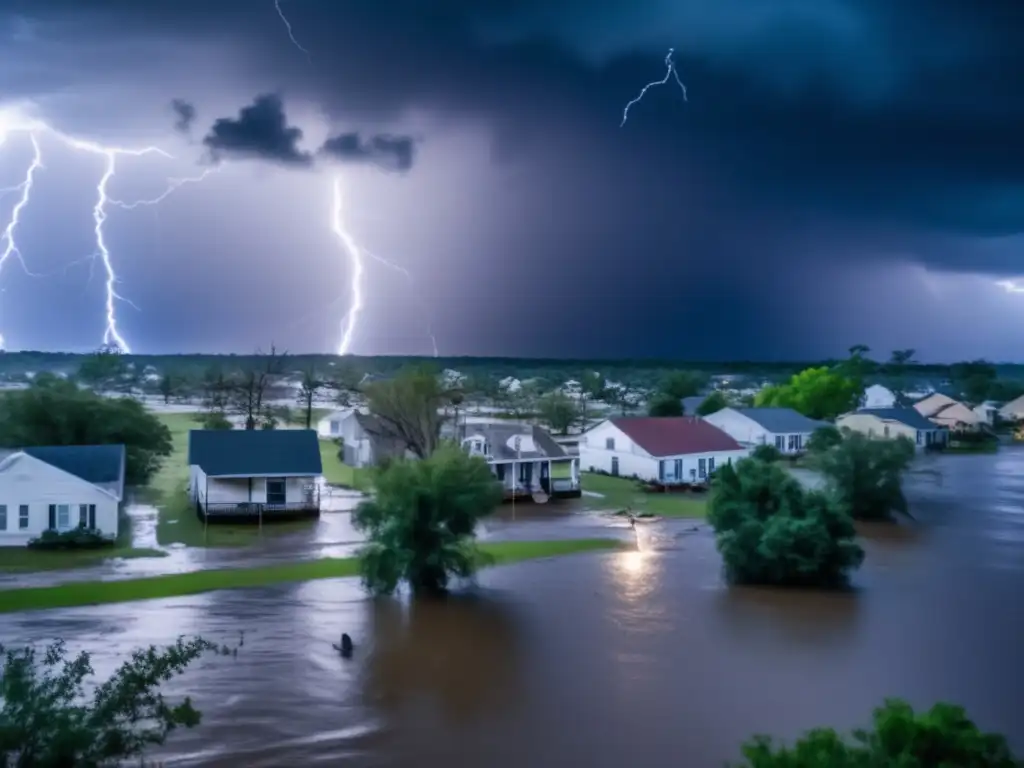
Claiming Losses on Tax Returns
Residents may be able to claim losses from their homes, businesses, or property on their tax returns after a hurricane, depending on the amount of damage and insurance coverage. To claim losses, individuals must file an itemized deduction on their tax returns and provide documentation of the damage and losses incurred.
Tax Relief and Extensions
Local, state, and federal governments may offer tax relief or deadline extensions for residents impacted by a hurricane. These extensions can provide more time to file tax returns or make payments without incurring penalties or additional fees.
Frequently Asked Questions
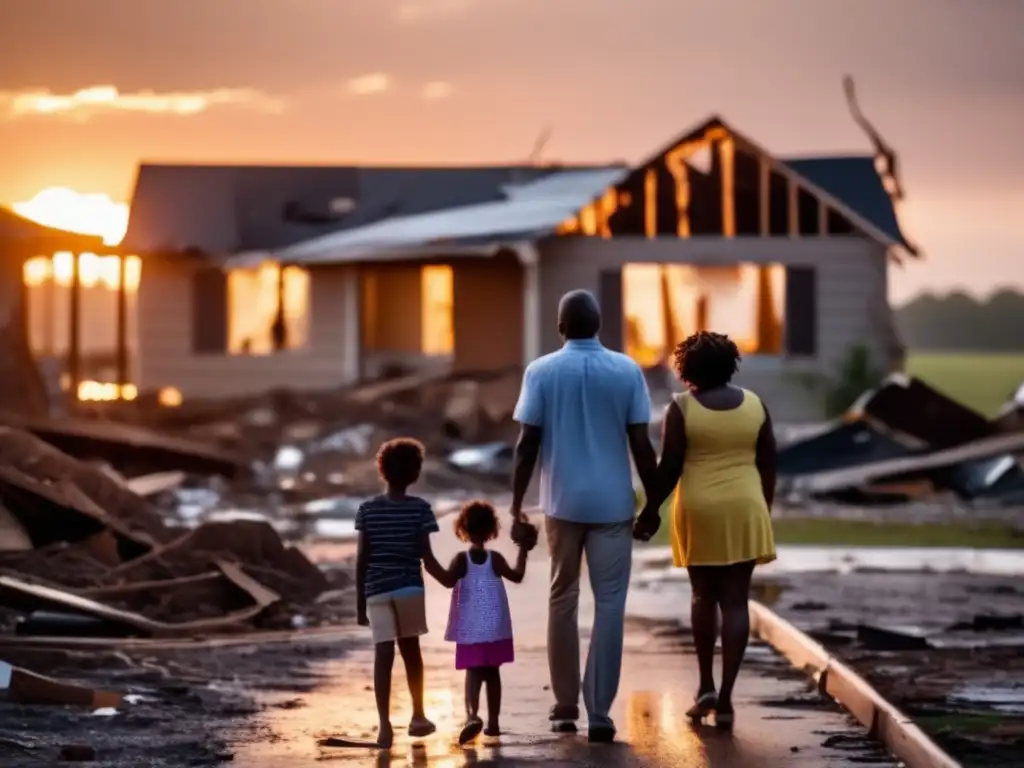
-
Does insurance cover all damages and losses resulting from a hurricane?
Insurance policies may have exclusions and limitations, and not all damages or losses may be covered. It is essential to carefully review the policy and speak with the insurance provider about any questions or concerns.
-
What if I cannot afford to pay my bills after a hurricane?
If you cannot afford necessary bills after a hurricane, it is essential to speak with lenders and creditors about temporary forbearance or deferment options, as well as seeking financial assistance from resources such as government agencies or non-profit organizations.
-
How can I prevent fraud or scams related to hurricane recovery finances?
It is crucial to research and verify any organizations offering financial aid or services related to hurricane recovery. Additionally, residents should be cautious of unsolicited phone calls, emails, or mail that request personal information or offer assistance with receiving financial aid.
-
What if I lost all my important documents in the hurricane?
If individuals lost their important documents such as social security cards, drivers’ licenses, or passports, they should report the loss to the appropriate authorities and obtain replacements as soon as possible.
-
When should I hire professional help for my financial recovery after a hurricane?
It may be helpful to hire a financial professional to assist with financial recovery after a hurricane if it is too complicated or overwhelming.
Conclusion
Financial recovery after a hurricane can be a long and challenging process, but being aware of options and resources available can make it more manageable. It is crucial to document everything carefully, file insurance claims promptly, and research legitimate financial aid options. Residents may also want to re-evaluate finances, prioritize expenses, and explore any tax implications or extensions. Remember, financial recovery is possible, and there is support available for those impacted by hurricanes.
[Additionally, we encourage readers to share their thoughts in the comments section and positively engage with hurricaneinsider.org by subscribing, sharing the article on social media, or other forms of participation. Thank you for your time and attention. ]
Additional Resources
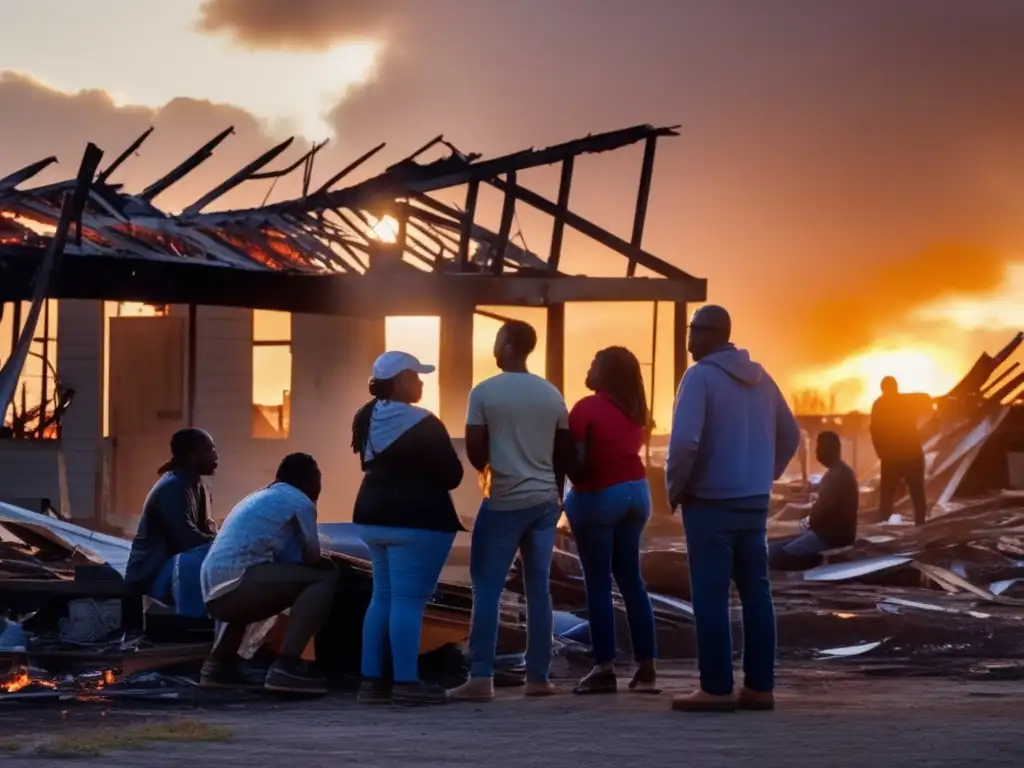
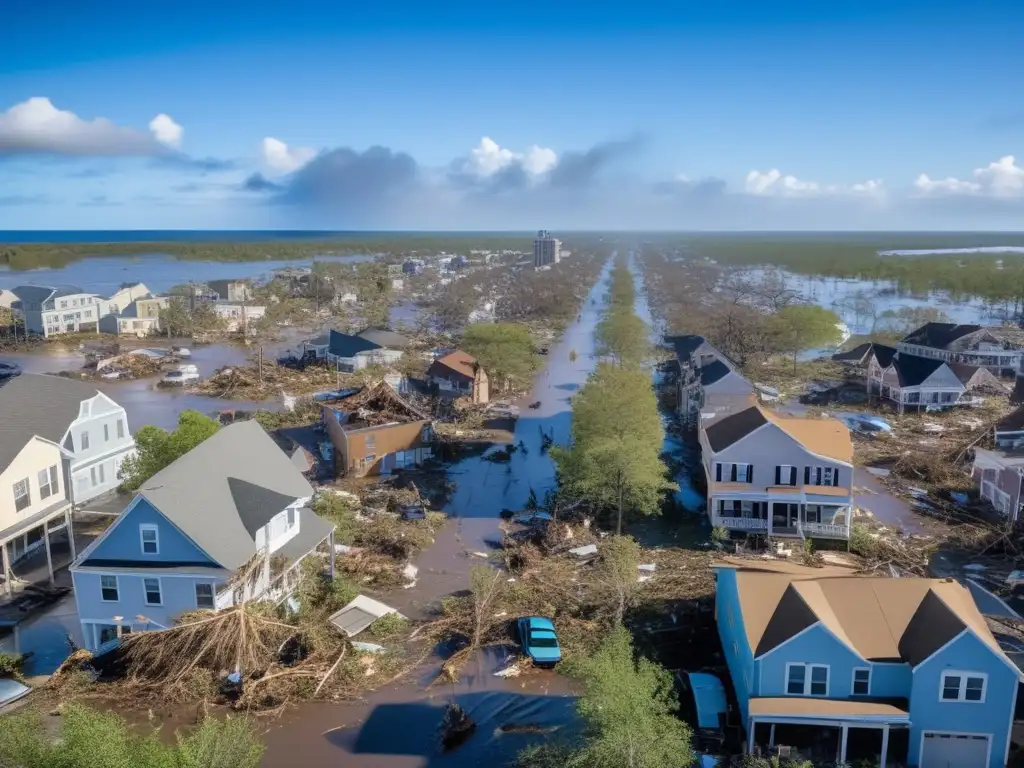 Legal Matters: Handling Legal Issues After A Hurricane
Legal Matters: Handling Legal Issues After A Hurricane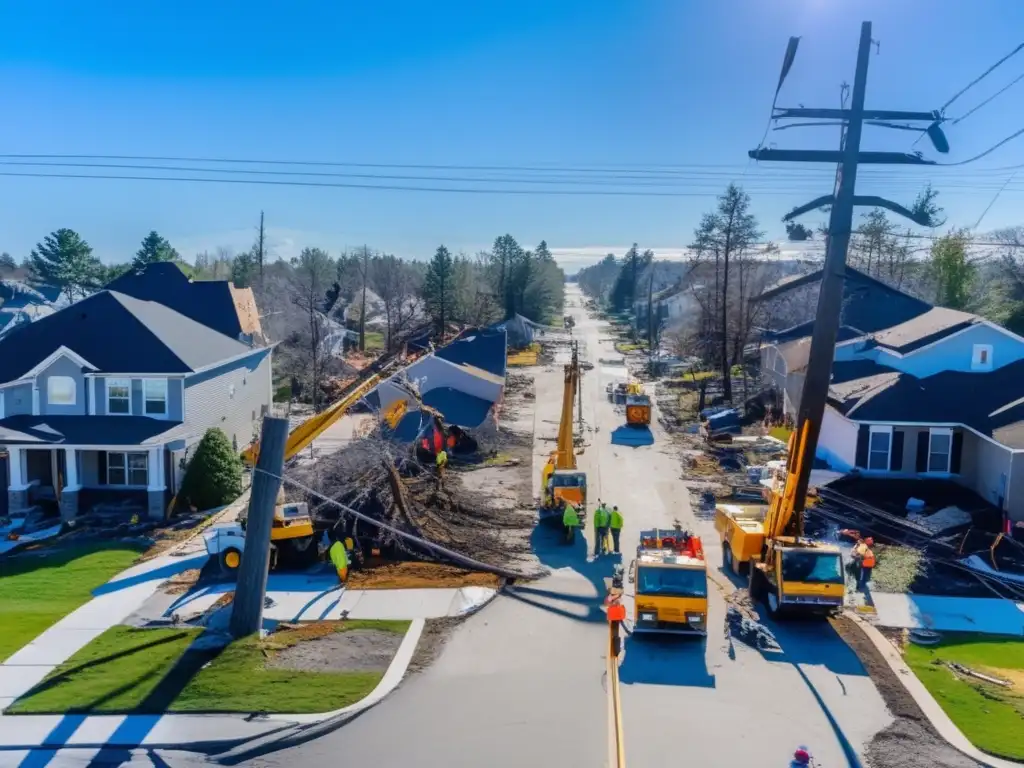 Restoring Utilities After A Hurricane
Restoring Utilities After A Hurricane Scam Alert: Avoiding Post-Hurricane Scams
Scam Alert: Avoiding Post-Hurricane ScamsIf you want to discover more articles similar to Financial Recovery: Managing Finances After A Hurricane, you can visit the Hurricane recovery: category.
Leave a Reply

Articulos relacionados: